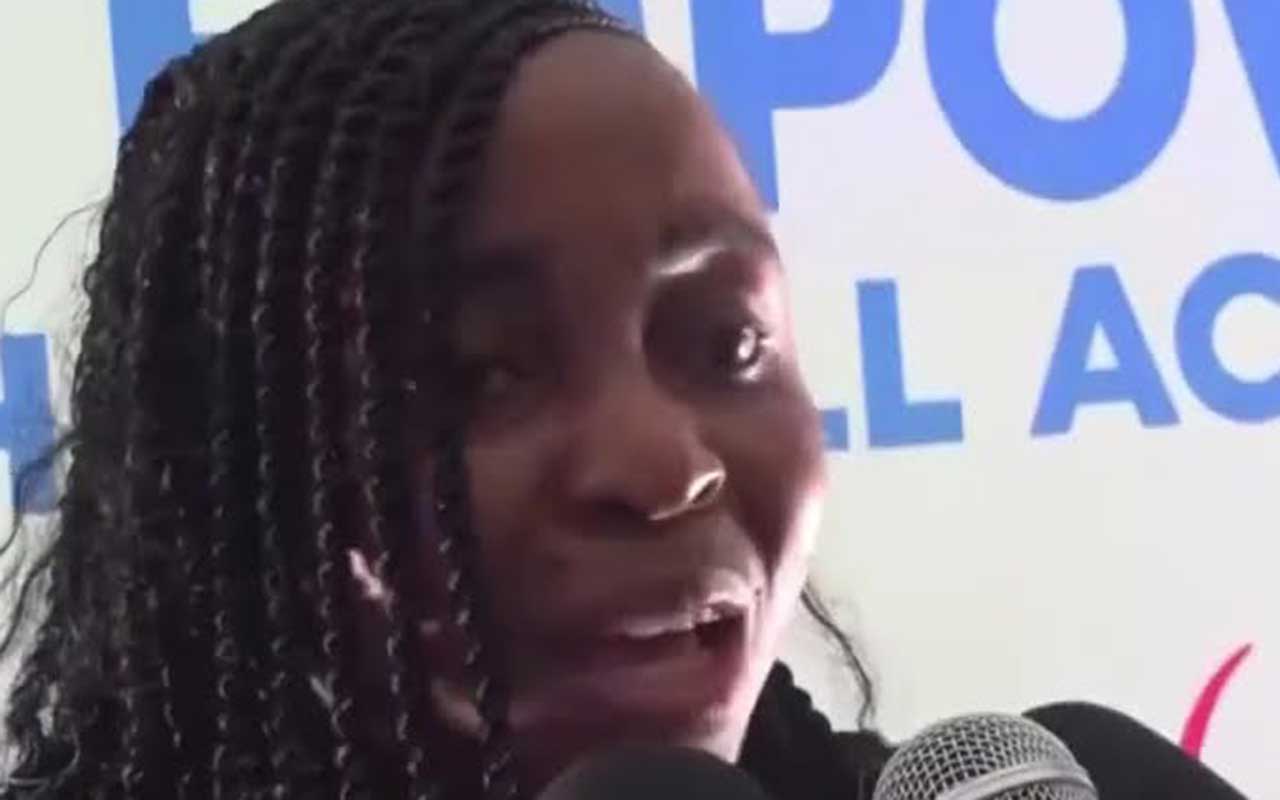As the financial climate gets more volatile today, the most secure organisations are not necessarily the biggest — but those with the most effective governance frameworks. Across both emerging and advanced markets, the demand for integrated governance and fraud prevention systems has moved from the margins to the boardroom.
Nigeria knows this story well. From banking reforms to regulatory overhauls, the country has spent the past two decades grappling with the institutional cost of poor governance — and reimagining how compliance, ethics, and stakeholder accountability must function in modern institutions.
And the world is watching
Increasingly, Nigerian professionals with hands-on experience in corporate governance, compliance architecture, and fraud prevention are finding their expertise in high demand abroad — particularly in jurisdictions like the United States, where regulatory expectations are high, but institutional risks remain persistent.
Governance as Infrastructure, not bureaucracy
In the Nigerian context, governance has historically been treated as a compliance box. But reforms driven by the Central Bank of Nigeria (CBN), the Securities and Exchange Commission (SEC), and evolving shareholder expectations have started to reshape this narrative. Today, governance and fraud prevention are being repositioned as infrastructural tools — necessary for:
- Preventing reputational damage
- Attracting foreign investment
- Restoring public trust in institutions
- This is where Nigeria’s experience becomes globally relevant
A new kind of export: institutional ethics
Professionals like Wale Bamigboye, a notary banker in the United States, with deep roots in Nigerian banking compliance, represent a growing class of experts who understand that fraud prevention is not just about catching wrongdoing, but about designing cultures that make wrongdoing harder to occur in the first place.
Wale’s current trajectory — proposing a focused role as a Governance and Fraud Prevention Expert — is not a departure from Nigerian practice. It is an elevation of the same principles that Nigerian institutions have fought hard to implement: integrity, control, and accountability.
The gllobal connection: Why U.S. institutions need this expertise
The United States, despite its advanced systems, continues to battle internal fraud, systemic risk, and gaps in ethical leadership — especially in finance, healthcare, and tech. With rising cybercrime, tightening regulations, and declining public trust, American organizations are now looking beyond checklists. They need professionals who can build ethical systems from the inside out — something Nigeria’s evolving governance landscape has trained its best minds to do.
Conclusion: From Lagos to New York — integrity scales
This is not a story about migration. It’s a story about impact scaling across borders. When Nigerian professionals steeped in compliance and governance export their expertise to global institutions, it isn’t just a win for their careers — it affirms the progress Nigeria has made and the global value of its institutional knowledge.
Governance and fraud prevention are not American problems or African problems. They are leadership problems — and solutions that work in Nigeria can and should work anywhere.






